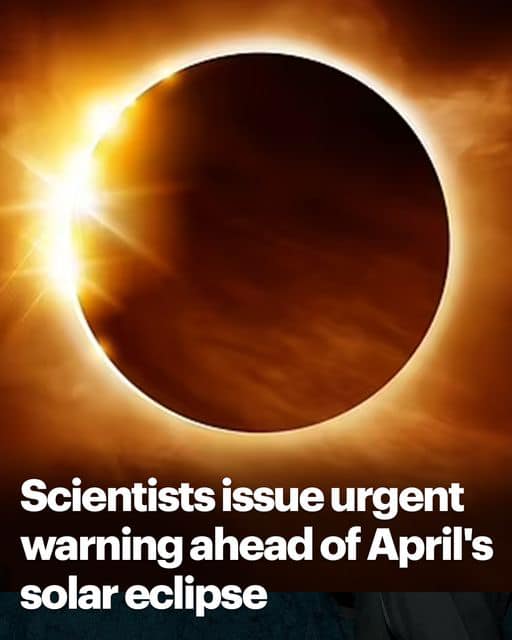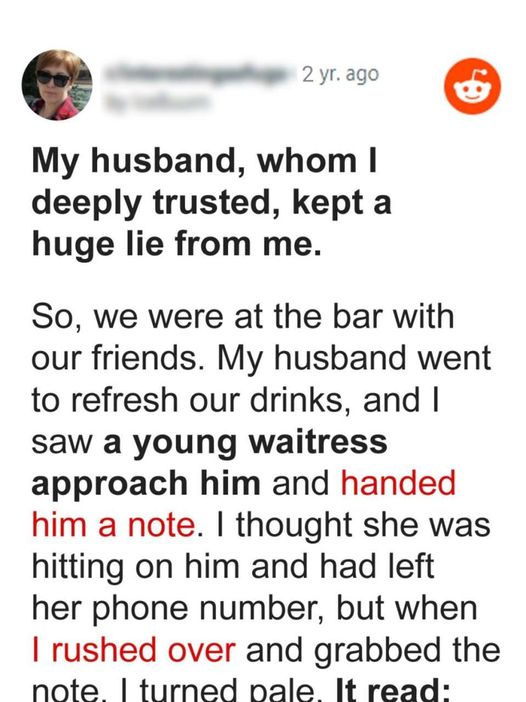Upcoming Solar Eclipse Could Lead to Over 1,000 Car Crash Deaths, Study Warns
It’s common knowledge now that there’s a total solar eclipse approaching on April 8. But researchers are sounding alarms about the potential hazards on the road eclipses bring. Insights from the 2017 total solar eclipse indicate a troubling surge in fatal car accidents during similar astronomical (and astrological) events. An analysis done by the University of British Columbia and the University of Toronto offers a rough forecast, revealing that the upcoming eclipse may show a significant uptick in road fatalities.1
The Total Eclipse Study
Dr. Donald Redelmeier, a professor at the University of Toronto and one of the study’s authors, emphasized that “[t]he increased risks likely derive from increased traffic, travel on unfamiliar routes, speeding to arrive on time, driver distraction by a celestial event, drug or alcohol impairment, or eclipse viewing from unsafe roadside locations.” Seems like a bit of a wide net to blame on an eclipse, but the numbers don’t lie.
The research scrutinized the traffic dynamics during the 2017 total solar eclipse, uncovering a problematic pattern. Over the three days during the last eclipse, there were 741 fatalities due to traffic accidents, translating to a staggering 10.3 deaths per hour. By contrast, the corresponding figure for control days stood at 7.9 fatalities per hour, a 31% surge in fatal crash involvement.Dr. John Staples, a clinical associate professor at the University of British Columbia, spoke about the importance of adopting proactive measures to avert potential calamities. “To help prevent another possible surge in traffic fatalities, drivers should respect speed limits, minimize distractions, allow more headway, wear a seatbelt, and never drive impaired.”


